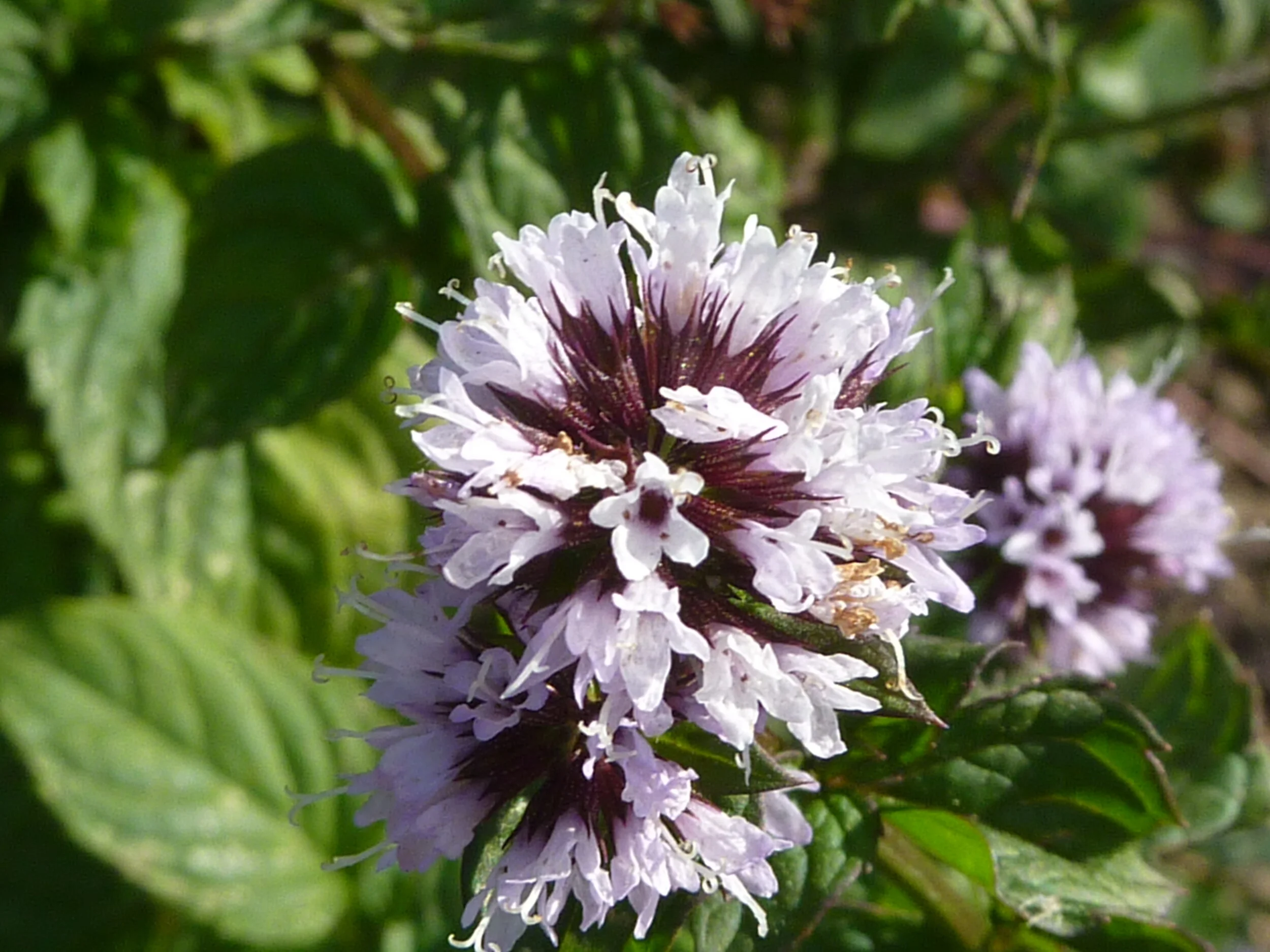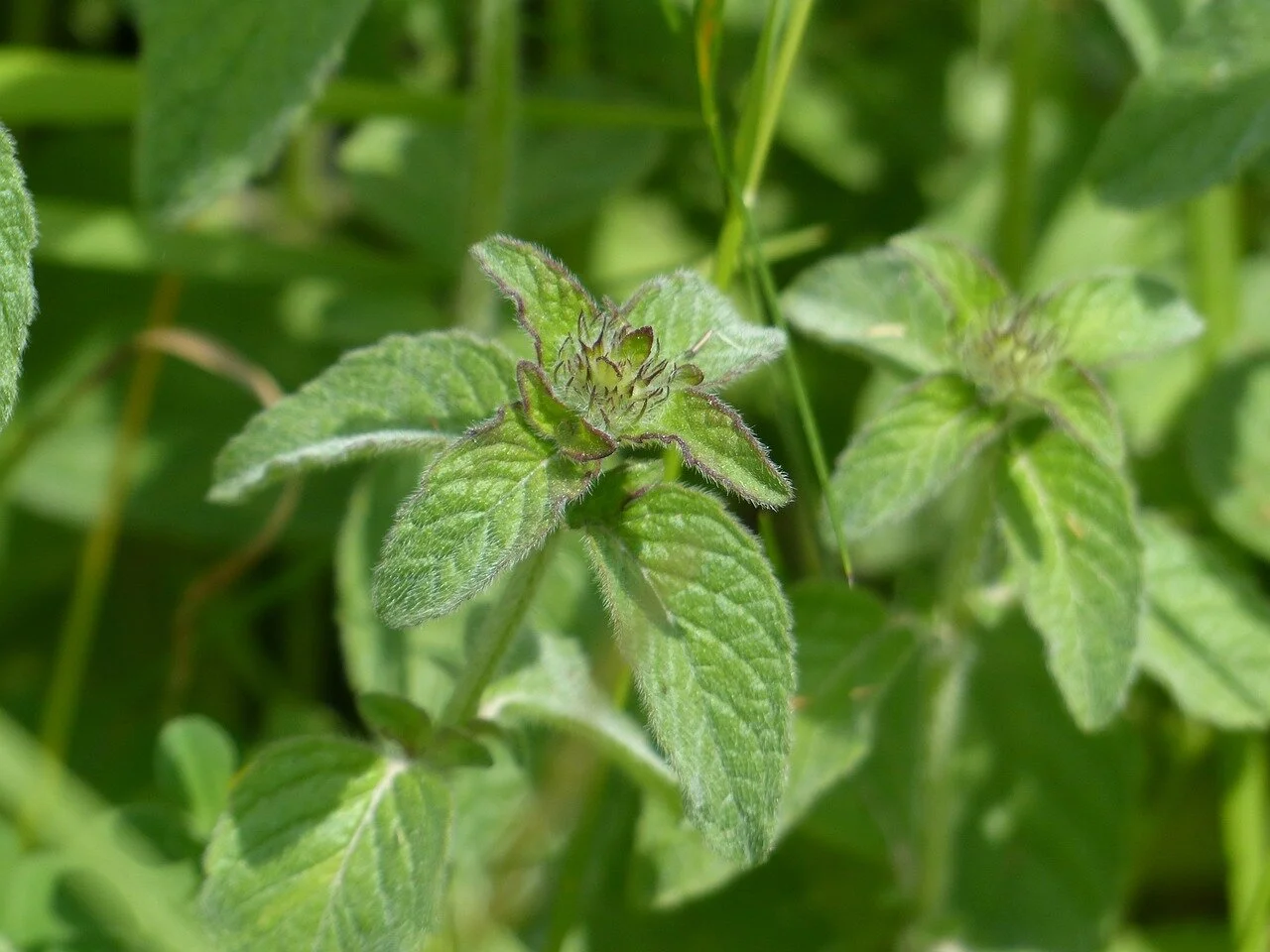Bergamot Mint Essential Oil
Bergamot Mint
Mentha citrata
Latin Name: Mentha citrata
Chemistry: Linalool, Linalyl Acetate, 1,8 Cineole.
Aroma: Minty, Fresh, Citrus
Good for: Immune support, Calming, Uplifting, Stress relieving
Energetics: Calming and relaxing while keeping you uplifted. It gives you a feeling of being centred and able to face situations with an optimistic outlook.
Traditional use: Often used for nerves and a sick stomach (same as peppermint). It is sometimes used to make a tea similar in taste to lemonade.
Extraction Method: Steam Distillation of the leaves.
Country of Origin: India
Bergamot Mint
It is a type of cultivated mint. Also known as Lemon mint for its citrus-like scent, its very low menthol content has a sweeter smell than what you would associate with mint plants.
An excellent plant that is also known as Eau de Cologne mint goes to show the scent profile it has. It combines the fresh citrus aroma of bergamot with the sweet and refreshing scent of mint, a lemony mint. Chemical constituents of the oil resemble lavender, clary sage and rosewood in many ways. Still, the scent profile is entirely different, making it versatile in blends for the nervous system. It's relaxing and calming (1) and can support the immune system by being antimicrobial and antioxidant (2). The traditional use of it as a digestive aid and nausea remedy is also supported by research. (3)
-
For External Use only
Do not apply undiluted to skin
If pregnant or breastfeeding, please consult with a professional aromatherapist or your physician before use.
Keep away from children
Keep away from pets
Store in a cool, dark place.
Patch test before use
Keep away from mouth and eyes.
-
Mask Drops: Calm blend
Blended Drops: Calm blend (Coming Soon)
Premium Select oil: Bergamot mint (Coming Soon)
REFERENCE
1- Harris R. (2004) Aromatic approaches to end-of-life care. International Journal of Clinical Aromatherapy, Volume 1 issue 2, 10-20.
2- “Antimicrobial and antioxidant activities of three Mentha species essential oils” https://pubmed.ncbi.nlm.nih.gov/12802721/
3-”Lewis, R. (2016) Aromatherapeutic interventions for nausea: an evidence based and pragmatic approach”. International Journal of Clinical Aromatherapy, Volume 11 issue 1, 9-21.





